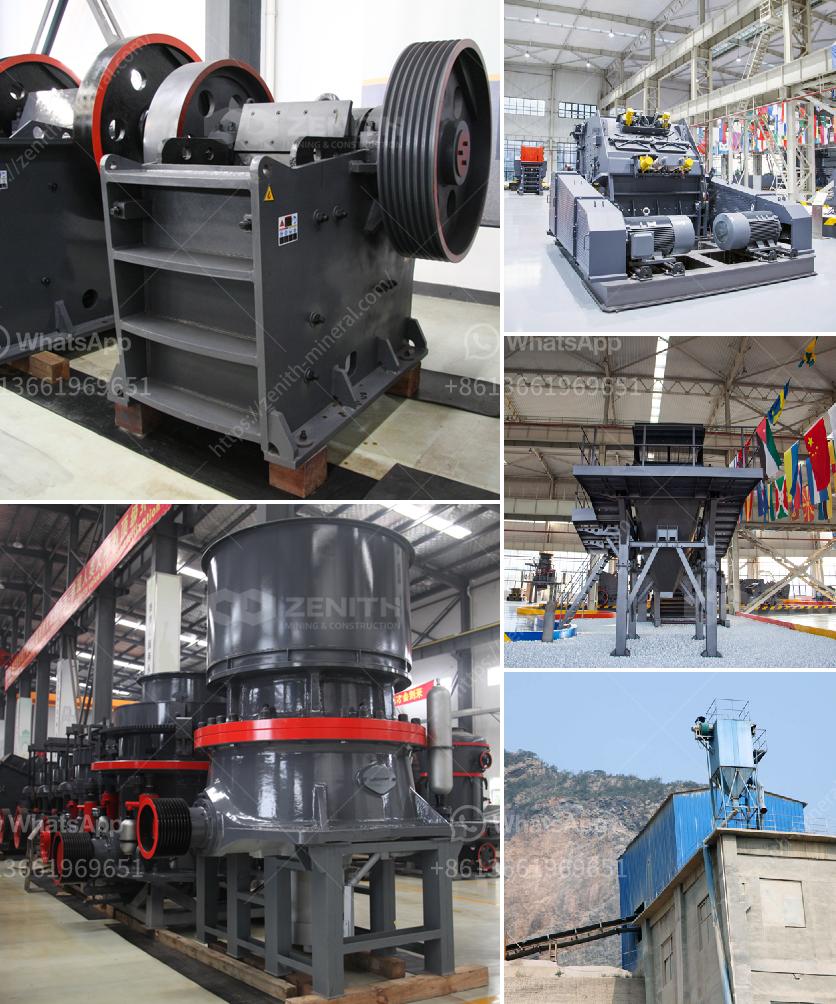Jaw crushers offer several advantages over gyratory crushers:
Simplicity and Ease of Operation: Jaw crushers have a simpler structure and are easier to operate and maintain. Their design consists of two main components: a fixed and a swinging jaw, making them straightforward to work with.
Cost-Effectiveness: Jaw crushers are generally less expensive to purchase and maintain. They require fewer mechanical parts and structural components, reducing initial cost and long-term maintenance expenses.
Adjustable Output Size: Jaw crushers provide easier adjustment of the output size. Adjusting the discharge opening can be done quickly, offering versatility in producing various stone sizes.
Better for Smaller Operations: Jaw crushers are ideal for smaller scale operations where space and budget are more restricted. They are more compact and easier to install in limited spaces compared to the bulkier gyratory crushers.
Primary Crushing Capability: Jaw crushers are typically used for primary crushing of large incoming feed using a compression mechanism. They handle hard, abrasive materials effectively, making them suitable for initial stages of material reduction.
Less Intensive Foundation Requirements: The simpler design of jaw crushers means they do not need as massive foundations or heavy-duty structures, making installation less complex and less costly.
Lower Energy Consumption: Jaw crushers tend to consume less power per ton of material processed compared to gyratory crushers, making them more energy-efficient for certain applications.
Each type of crusher has its own set of advantages and is suitable for different applications. The choice between a jaw crusher and a gyratory crusher will largely depend on the specific requirements of the project, including the size of the feed material, desired product size, capacity needs, and overall budget constraints.

